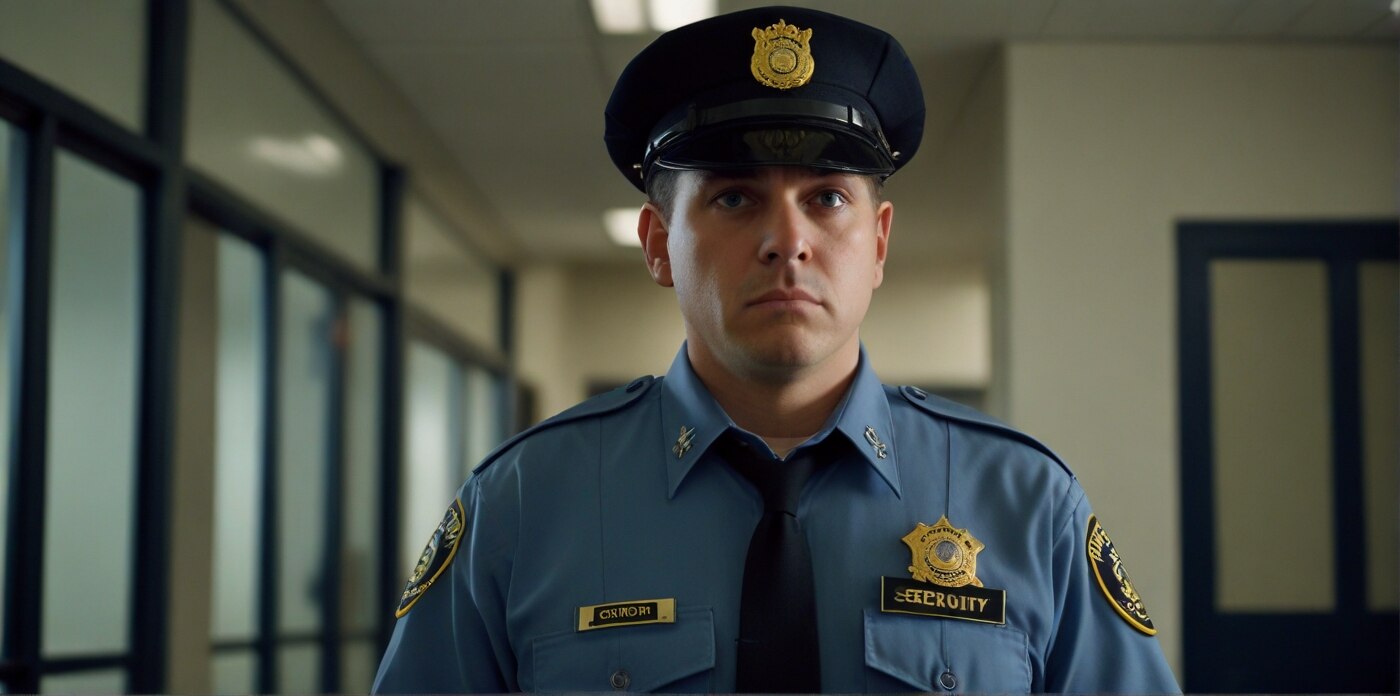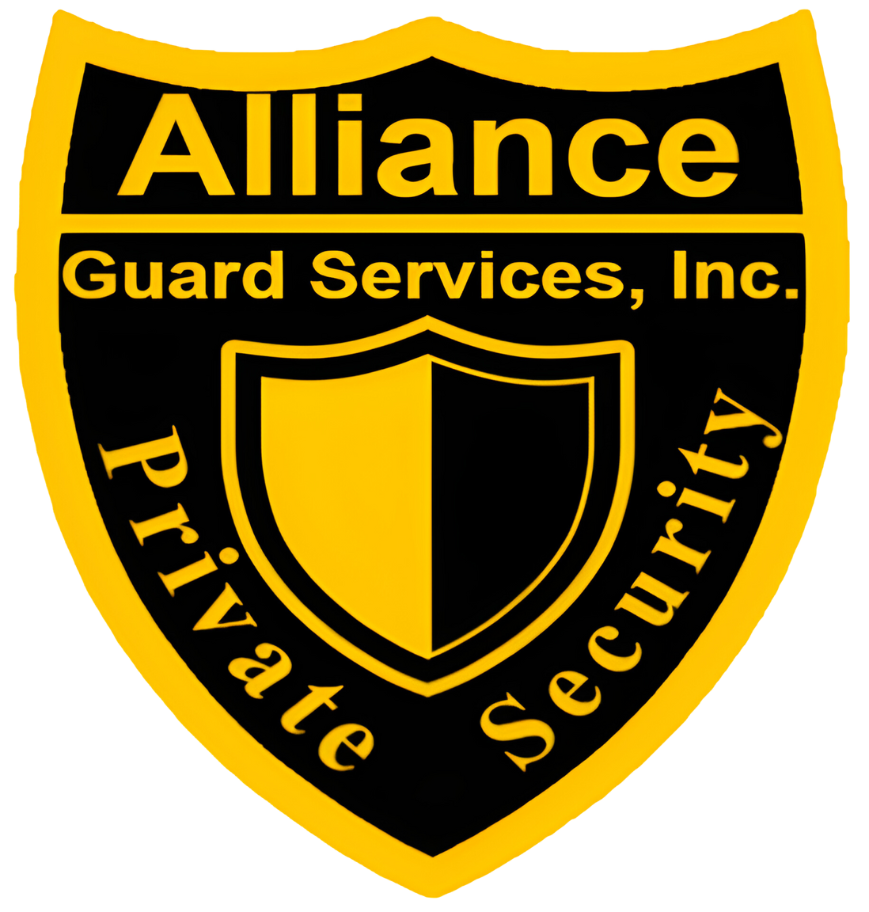When it comes to ensuring safety and security, security guards play a vital role. They are the frontline defense against potential threats in various settings, from banks to construction sites. Understanding what should a security guard do is crucial for both employers and individuals seeking security services.
What are Duties of Security Guard
What should a security guard do and duties are essential for ensuring effective protection and safety in various environments.
Primary Responsibilities
Security guards have a range of primary responsibilities that are consistent across different industries:
Surveillance and Monitoring
Security guards are responsible for monitoring premises via CCTV cameras, patrols, or other surveillance systems to detect suspicious activities or individuals.
Access Control
They regulate access to the premises by checking IDs, badges, or permits and ensuring only authorized individuals enter the premises.
Emergency Response
Security guards must be prepared to respond promptly to emergencies such as fires, medical incidents, or security breaches and take appropriate actions to mitigate risks.
Industry Specific Duties
Security guard duties can vary depending on the industry they serve. Here are some examples:
Bank Security Guard Duties
- Escorting employees to and from the bank vault.
- Monitoring and securing cash transactions.
- Responding to alarms or suspicious activities.
School Security Guard Duties
- Patrolling school grounds to prevent unauthorized entry.
- Assisting with student drop-off and pick-up procedures.
- Responding to disturbances or security threats on campus.
Construction Site Security Guard Duties
- Monitoring access to the construction site to prevent theft or vandalism.
- Conducting regular patrols to ensure safety compliance.
- Managing traffic flow and parking within the construction zone.
Hospital Security Guard Duties
- Escorting patients, visitors, and staff to ensure their safety.
- Monitoring the emergency room and other sensitive areas.
- Responding to aggressive behavior or disturbances.
Essential Skills and Qualities
In addition to specific duties, security guards should possess certain skills and qualities to excel in their roles:
- Vigilance
- Communication Skills
- Physical Fitness
- Calmness Under Pressure
- Problem-Solving Abilities
Additional Duties
While the primary responsibilities of a security guard are consistent across industries, there are additional duties they may perform depending on the specific needs of the environment:
Customer Service
Security guards often serve as the first point of contact for visitors or customers, providing directions, assistance, or information as needed.
Report Writing
Maintaining detailed logs and incident reports is essential for documenting any security-related activities or incidents that occur during their shift.
Equipment Maintenance
Security guards may be responsible for ensuring that security equipment such as cameras, alarms, or communication devices are in working order and reporting any malfunctions promptly.
Crowd Control
In settings such as events or large gatherings, security guards may be tasked with managing crowd flow, ensuring orderliness, and diffusing potential conflicts.
Emergency Preparedness
Security guards should be trained in emergency response procedures, including first aid, CPR, and evacuation protocols, to effectively handle crisis situations.
Continuous Training and Development
To perform their duties effectively, security guards should undergo regular training and professional development to stay updated on industry best practices, emerging threats, and new technologies. Some key areas of training include:
Security Protocols
Training on security protocols and procedures ensures that security guards understand their roles and responsibilities and can respond appropriately to different scenarios.
Conflict Resolution
Conflict resolution training equips security guards with the skills to de-escalate tense situations and resolve conflicts peacefully to maintain a safe environment.
Emergency Response
Regular drills and simulations help security guards prepare for emergencies and respond quickly and decisively when faced with crises such as fires, medical emergencies, or security breaches.
Legal and Ethical Considerations
Training on legal and ethical considerations educates security guards on relevant laws, regulations, and ethical standards governing their conduct and decision-making.
Importance of Teamwork and Collaboration
Security guards often work as part of a team, collaborating with colleagues, supervisors, and other stakeholders to ensure comprehensive security coverage and effective response to security threats. Key aspects of teamwork include:
Communication
Effective communication among security team members enables seamless coordination and information sharing, enhancing overall security effectiveness.
Coordination with Law Enforcement
Security guards may need to collaborate with local law enforcement agencies to report incidents, request assistance, or coordinate responses to emergencies.
Collaboration with Clients
Building strong relationships with clients fosters trust and collaboration, allowing security guards to better understand client needs and tailor security solutions accordingly.
Cross-Training
Cross-training security guards in various roles and responsibilities enhances flexibility and resilience, ensuring that security operations can adapt to changing circumstances or personnel availability.
Conclusion
Understanding what should a security guard do is essential for maintaining safety and security in various environments. Whether it’s protecting a bank, school, construction site, or hospital, security guards play a crucial role in preventing incidents and responding effectively to emergencies.
If you’re in need of professional security services, including armed security, unarmed security, fire watch, or mobile patrol services, contact us today. Our team of Alliance Guard Services is dedicated to keeping your premises safe and secure.
Frequently Asked Question (FAQs)
What are the primary responsibilities of a security guard?
Security guards are responsible for surveillance, access control, and emergency response to ensure safety and security on premises.
What are the duties of a bank security guard?
Bank security guards monitor cash transactions, regulate access to the vault, and respond to alarms or suspicious activities.
What tasks does a school security guard perform?
School security guards patrol school grounds, assist with student procedures, and respond to security threats on campus.
What are the responsibilities of a construction site security guard?
Construction site security guards monitor access, conduct safety patrols, and manage traffic flow to prevent theft or vandalism.
What duties does a hospital security guard have?
Hospital security guards escort patients and staff, monitor sensitive areas, and respond to aggressive behavior or disturbances.


